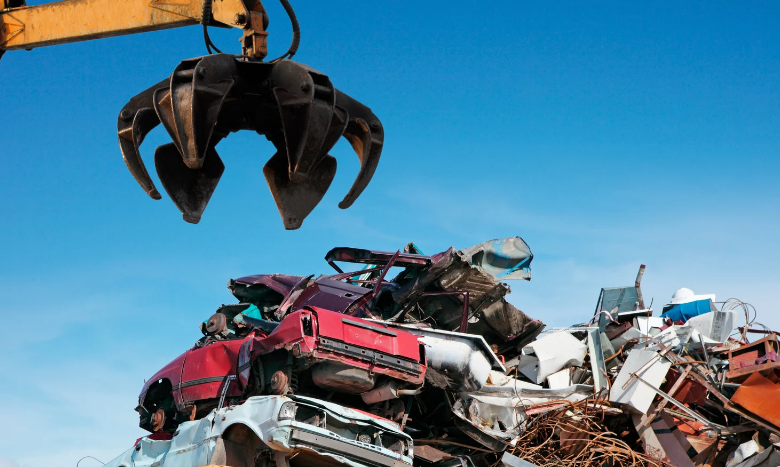Why Scrap Metal Recycling is Vital for Reducing Carbon Emissions

As global industries face increasing pressure to reduce their environmental footprint, recycling has become one of the most effective ways to conserve resources and cut emissions. Many communities and businesses rely on scrap metal recycling in Kennesaw as a sustainable solution for managing waste while supporting eco-friendly practices. Recycling metals not only prevents excessive mining but also significantly reduces carbon emissions, making it a key strategy in combating climate change.
Conserving Energy Through Recycling
Producing metals from virgin ore requires energy-intensive processes such as mining, transportation, and smelting. Recycling metals eliminates much of this demand, using a fraction of the energy needed for raw production. For example, recycling aluminum saves up to 95% of the energy compared to producing it from bauxite.
This dramatic energy reduction translates directly into lower emissions, making recycling one of the simplest yet most effective methods of curbing industrial pollution. Businesses that adopt recycling practices benefit from these efficiencies while also contributing to sustainability targets.
Supporting a Circular Economy
Recycling ensures that valuable metals remain in circulation rather than being discarded in landfills. This supports the circular economy, where materials are continuously reused instead of relying on fresh extraction. Guidance, such as the benefits of recycling scrap metals, highlights how industries gain long-term cost savings and efficiency through sustainable reuse.
By reintroducing metals like steel, copper, and aluminum back into production, recycling reduces reliance on mining, which is one of the largest contributors to carbon emissions. This cycle not only saves resources but also protects ecosystems from the environmental toll of mining operations.
Reducing Carbon Emissions Across Industries
Every ton of recycled metal prevents tons of greenhouse gases from entering the atmosphere. Industries such as construction, automotive, and manufacturing all benefit when recycled metals replace virgin materials. These reductions in carbon emissions are significant, especially when applied on a global scale. Studies and insights on the role of scrap metal recycling in reducing carbon footprints demonstrate how industries that prioritize recycling make measurable contributions to climate goals. By integrating recycled metals into their supply chains, businesses help slow the pace of environmental degradation.
Economic and Environmental Benefits Combined
Recycling not only reduces emissions but also delivers economic value. Using recycled metals lowers production costs, creates jobs in the recycling industry, and strengthens local economies. For businesses, it provides an opportunity to align financial goals with environmental responsibility.
By lowering energy usage and reducing the demand for virgin materials, recycling creates a balance where profitability and sustainability go hand in hand. This dual benefit explains why more companies are adopting recycling as part of their long-term operational strategy.
Encouraging Responsible Practices
The impact of scrap metal recycling extends beyond industries to households and communities. Individuals who participate in recycling contribute to large-scale reductions in energy use and emissions. At the same time, recycling centers provide structured ways to ensure materials are processed responsibly and efficiently. By promoting awareness and making recycling accessible, communities can take an active role in reducing emissions while ensuring valuable resources are not wasted.
Conclusion
Scrap metal recycling plays a critical role in reducing carbon emissions by conserving energy, minimizing mining, and supporting a circular economy. It benefits industries, communities, and the environment while aligning cost savings with eco-conscious practices. By choosing recycling, we move closer to a sustainable future where the impact of carbon emissions is significantly reduced.







